Ceylon year 1872 stamp – 96c brown-gray Mi. 280 € MH*
The 1$\text{96c}$ stamp issued by Ceylon (now Sri Lanka) around 2$\text{1872}$ is a notable high-value definitive issue from the Queen Victoria era.3
Stamp Details
| Feature | Description |
| Monarch | Queen Victoria |
| Denomination | 96 Cents ($\text{96c}$) |
| Color | Brown-Grey or Drab (Philatelic color names often vary, with drab or olive-grey also being used) |
| Year of Issue | $\mathbf{1872}$ (part of the 1872-1880 Decimal Currency Issue) |
| Catalog Number (SG) | SG 132 (Stanley Gibbons) |
| Catalog Number (Scott) | Scott 73 (Scott Standard Postage Stamp Catalogue) |
| Watermark | Crown and $\text{CC}$ ($\text{Crown Colony}$) |
| Perforation | Generally $\text{12}$ (Compound perforation varieties also exist) |
Historical Context
The $\text{96c}$ denomination belongs to the series issued after Ceylon adopted the decimal currency system in 1872, changing from the previous British currency system of pence and shillings.
This $\text{96}$ cents value was one of the highest values in the set and was typically used for heavier or overseas postal rates. As is common for high-value stamps of the period, it is scarcer than the lower-value definitive issues. The design is a classic Queen Victoria profile.

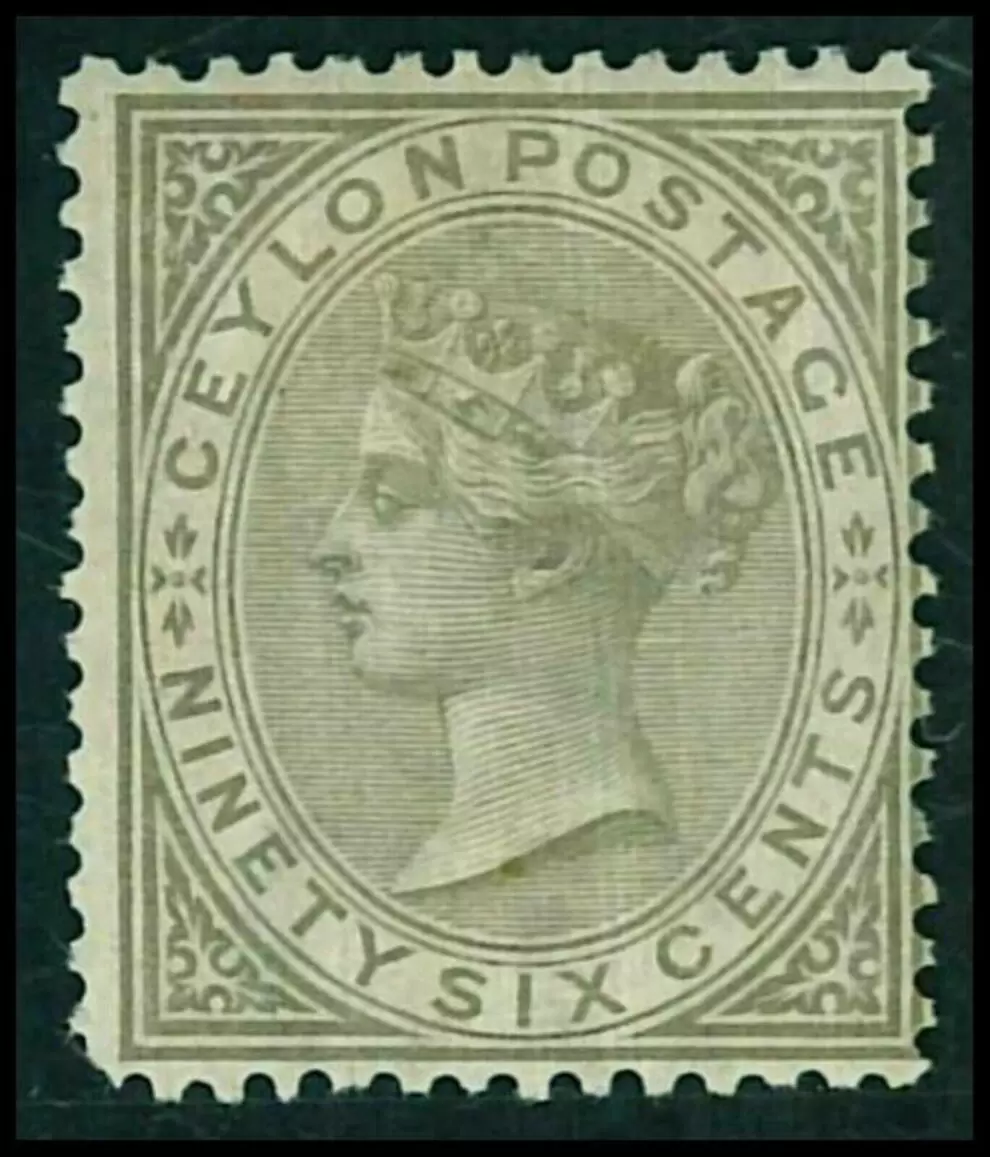
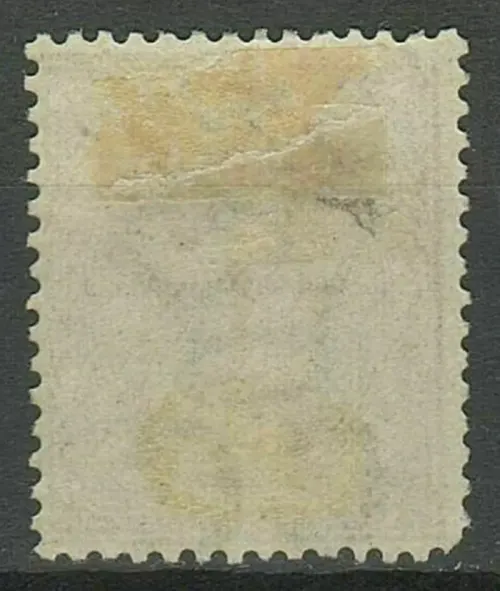
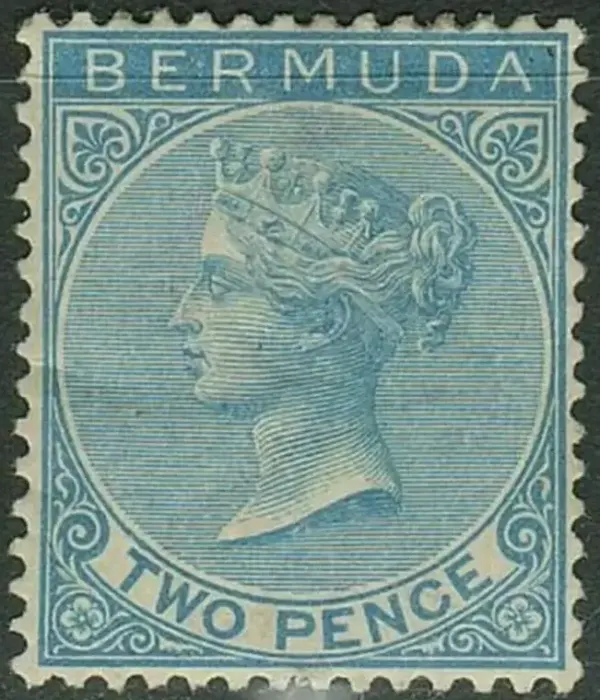
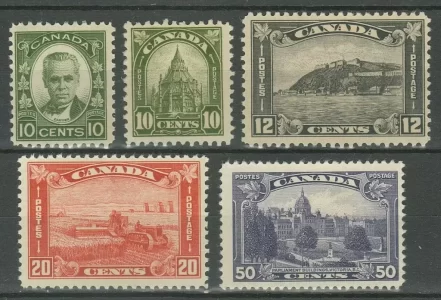
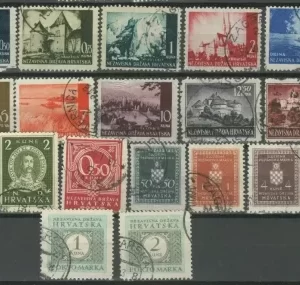

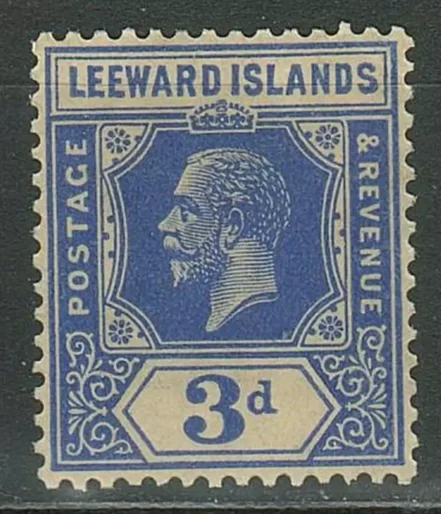
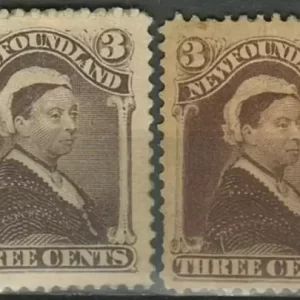
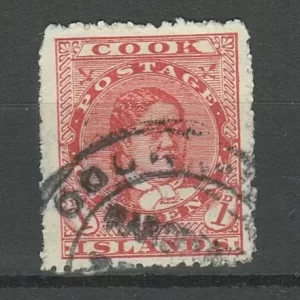
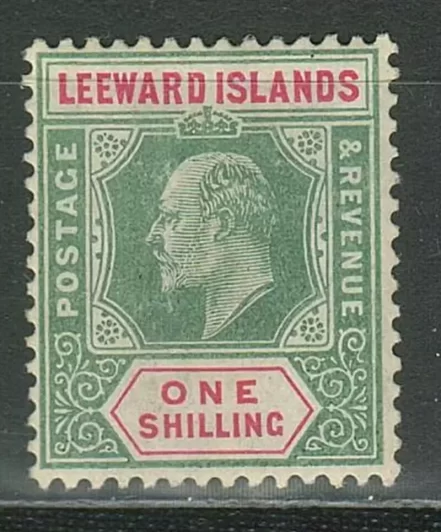
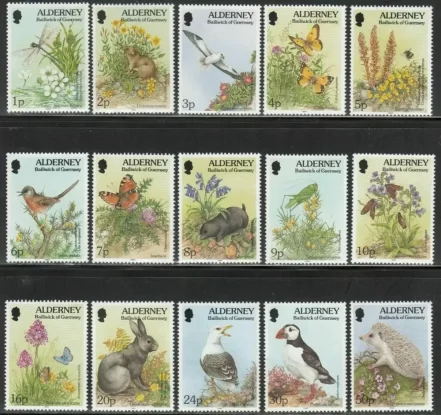
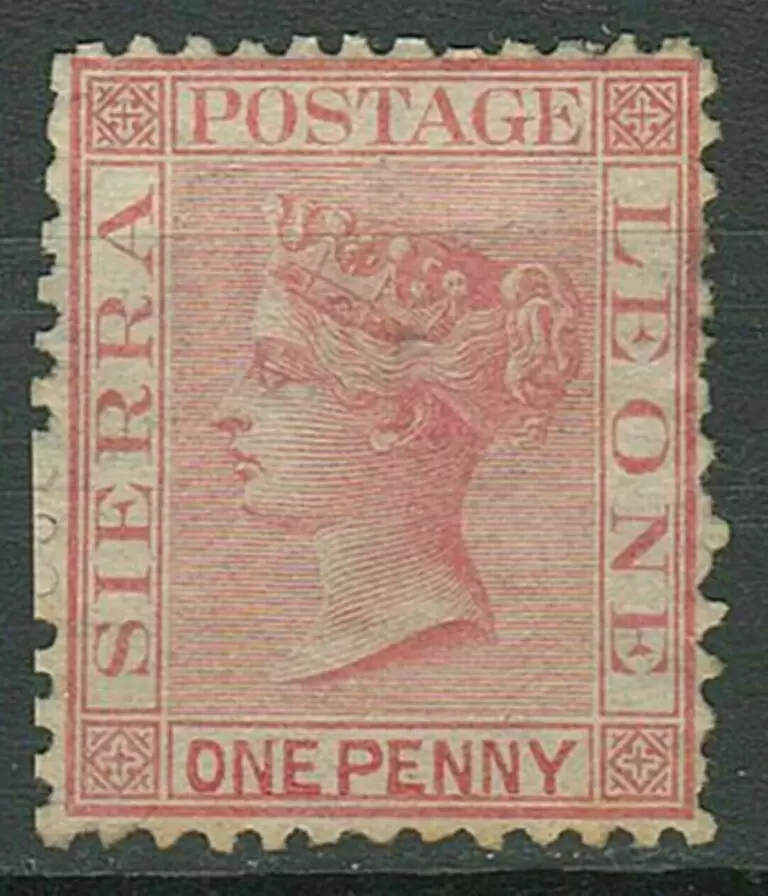
Reviews
There are no reviews yet.